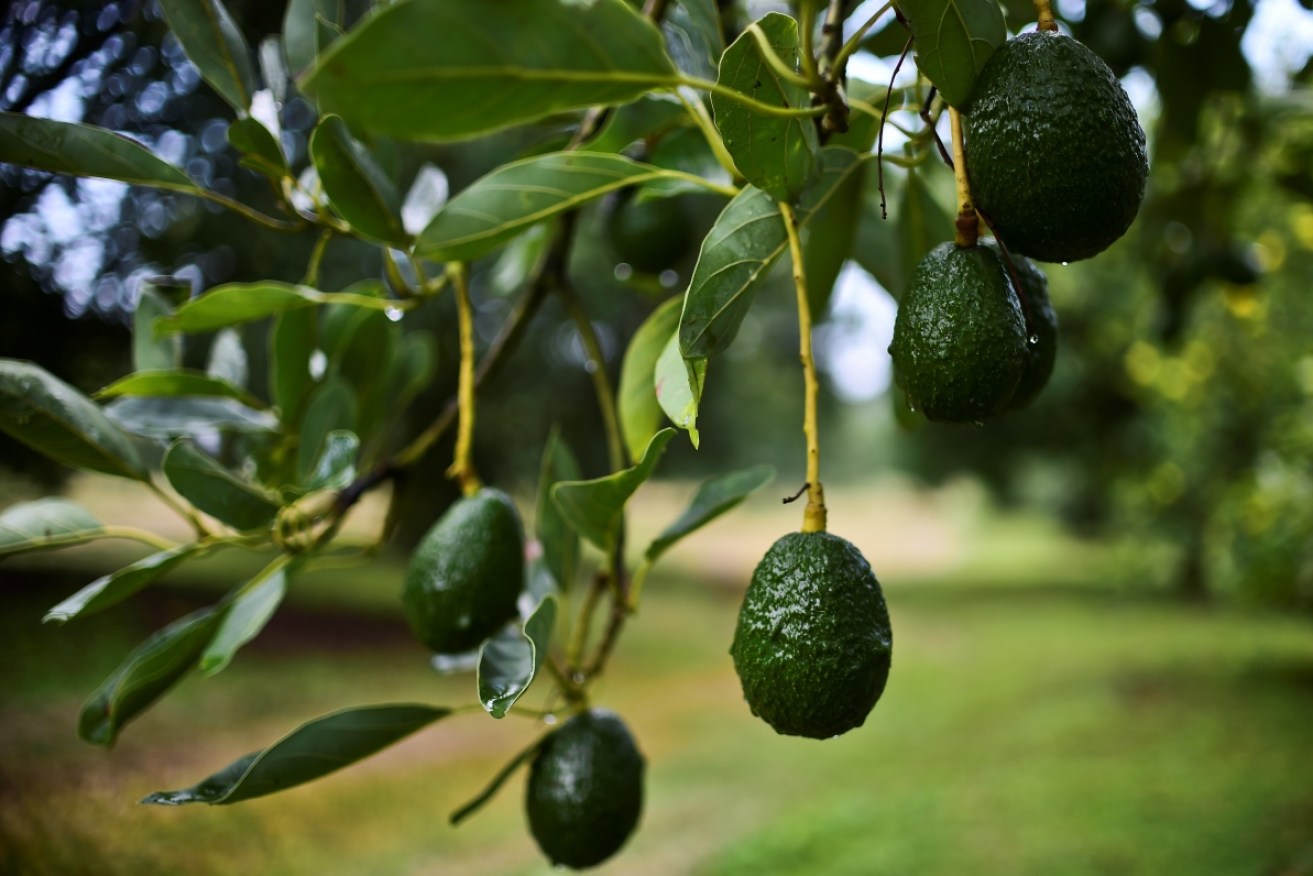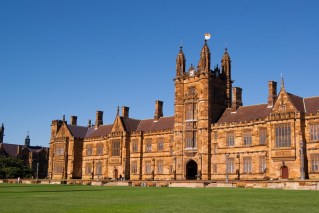Varroa find threatens NSW berry, avocado production

Macadamias, berries and avocados could all be threatened by a new varroa mite discovery in NSW. Photo: Getty
A new detection of varroa mite has been confirmed near Coffs Harbour on the north coast of NSW, threatening the pollination of berries, avocados and macadamias.
The infested hives were found at a property at Nana Glen northwest of Coffs Harbour, leading to another set of biosecurity zones for beekeepers and bringing the total number of infected premises to 43.
The new emergency order means a 10km eradication, 25km surveillance and 50km biosecurity zone has been set up around the property.
About 1800 hives have been euthanised since the mite was first detected near the Port of Newcastle on June 22.
NSW minister for agriculture Dugald Saunders, who is visiting the area on Tuesday, told AAP that while the new detection is worrying it is directly linked to a previous zone.
“What that goes to show is that it’s human beings moving the hives that are the great risk here. It’s not bees here flying vast distances, it’s hives being moved.
“This one was moved just before the lockdown of hive movements came into place.
“So the call out is that if you had hives anywhere in that greater Newcastle region and you’ve moved them anytime over the past six to 12 months.”
Biosecurity officers will humanely euthanise all hives on the infected premises and trace the movements of hives and equipment on and off the property over the past 12 months.
Mr Saunders said the detection is concerning because about 5000 honeybee hives are needed for the pollination of blueberries, raspberries, blackberries, avocados and macadamias in and around Coffs Harbour from now until the end of September.
The minister is visiting growers in the north coast region on Tuesday to discuss the impact of the new eradication zone.
“Everyone is slightly worried about how that looks for them as far as production … it’s going to have an impact,” he said.
“For some places it won’t have an impact at all, they will have enough hives to do their pollination no dramas, others it might be down 10, 20 or 30 per cent, it’s really hard to tell.”
Mr Saunders again pleaded with beekeepers to register their hives and said there will be no fines for those who have been previously unregistered.
“The good news is we can still draw a direct line between every single case so far, which means we have a good handle on the situation,” he said.
– AAP








